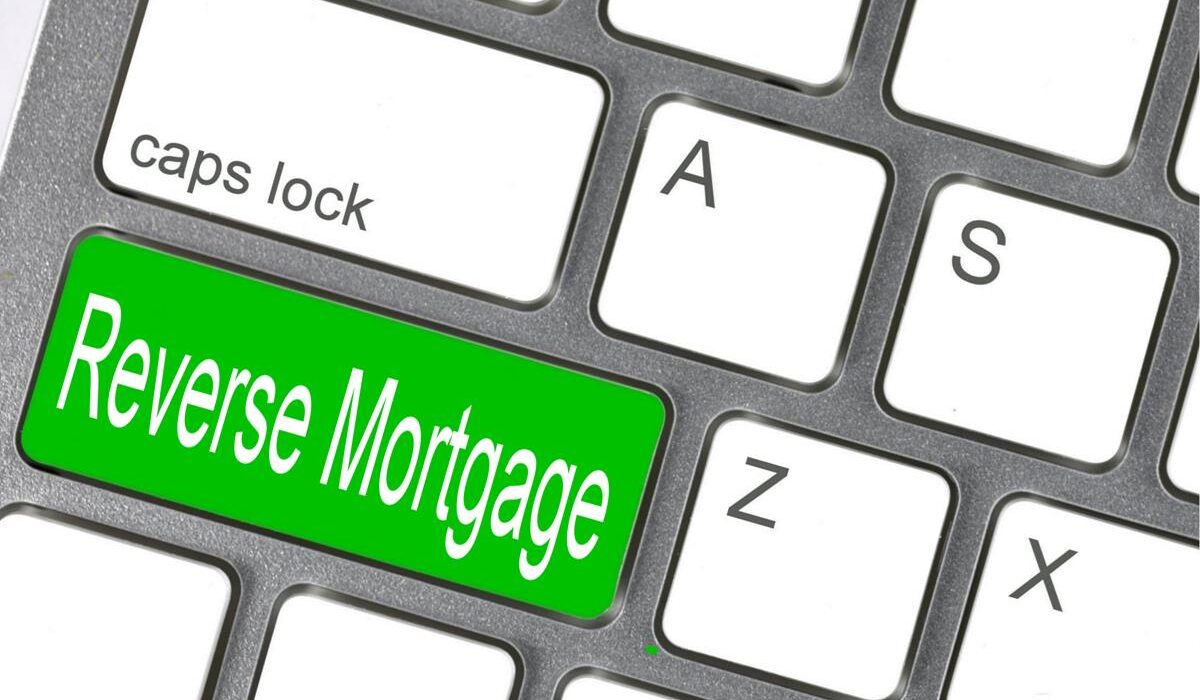If you are a senior, you may have heard of a reverse mortgage.
What exactly is a reverse mortgage, and who should consider one?
A reverse mortgage is simply that — a mortgage. You’re borrowing money against your house. But in this case, instead of making a monthly payment on your mortgage, you receive money each month. It is the opposite of what you think of as a traditional mortgage. In some reverse mortgages, you can elect to take the cash you desire as a lump sum. Or you can use it to establish a line of credit.
In any case, understand, that just as in any other mortgage loan, you are borrowing money against your house as collateral. But in the case of the reverse mortgage, since you are getting, and not making payments, over time your debt increases, and your equity decreases.
How is it different than a home equity loan?
Both a reverse mortgage and a home equity loan tap into the equity, or value, in your home. The key difference between the two is that when you take a home equity loan, you receive a lump sum, and then have to make payments back to the lender every month, just like a traditional mortgage. This is why people often call home equity loans “second mortgages.”
In a reverse mortgage, the lender pays you – you do not make any payments until the loan comes due. The loan comes due when you leave your home — if you sell it, or upon the loan recipient’s passing. This way, if you are a senior, and you need extra money to make your monthly expenses, pay medical bills, or enjoy retirement more – you can get extra cash and stay in your home until you die or choose to leave. However, at that time the loan comes due, so if you intended to leave your home to your children as an inheritance, a reverse mortgage is not for you.
Typically, reverse mortgage borrowers stay in their house for life. After their death, their estate sells the house and pays off the loan. Or the estate simply turns the house over to the lender. The best way to think about it is like a viatical payment on your life insurance. You borrow a lump sum against all or part of your life insurance, and make no payments back. Upon your death, the lender gets the loan amount, plus interest, from the proceeds of the life insurance policy.
You have to be 62 or older to get a reverse mortgage. Before you close on one, you are required to get counseling. This is a safety feature built into the law, so seniors don’t get ripped off.
Have you or anyone you know ever taken a reverse mortgage? What was the experience like?

